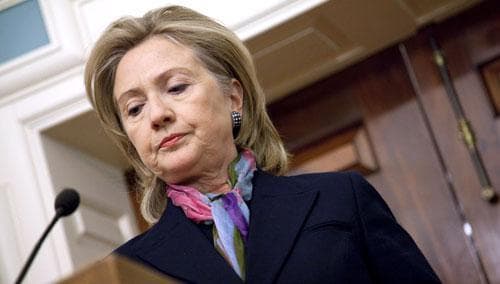Advertisement
Can Diplomacy Survive Wikileaks?
ResumeWikileaks has blown open the private communications of American diplomats. Is diplomacy possible without secrets?

Diplomacy has always come with secrecy. The whispered word to the envoy from afar. The parchment tightly rolled, closed with the red wax of the king’s seal.
Today, in the age of Wikileaks, all seals are off. The most intimate, once-secret correspondence of diplomats is laid out naked for all the world to read. What we’ve learned in these last days is not always pretty.
Some looks like skullduggery. But there is also, clearly, an effort to say frankly in diplomatic cables what leaders need to know about the world. In the age of Wikileaks, is diplomacy possible without secrets?
-Tom Ashbrook
Guests:
Leslie Gelb, president emeritus of the Council on Foreign Relations. He has served as a senior official in the State and Defense Departments. He's also a former New York Times foreign correspondent and Pulitzer Prize winner.
Amb. Barbara Bodine, lecturer in public policy and director of the Scholars in the Nation's Service Initiative at Princeton University's School of Public and International Affairs. She spent more than 30 years in the U.S. Foreign Service, working primarily on Arabian Peninsula and great Persian Gulf issues. From 1997 to 2001, she served as U.S. Ambassador to Yemen.
Mark Hosenball, longtime investigative journalist formerly of Newsweek and now with Reuters.
This program aired on November 30, 2010.